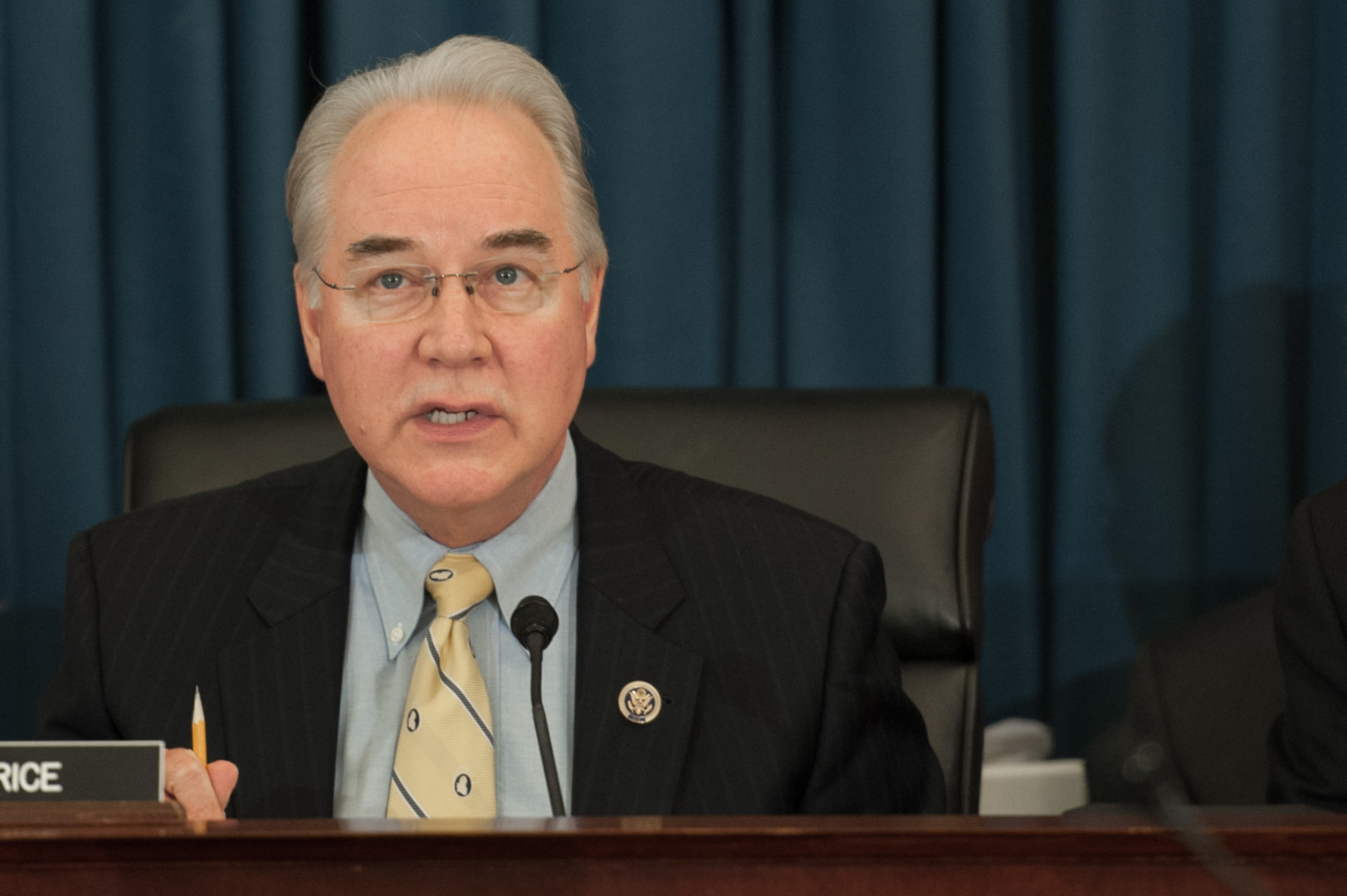September 7, 2016 at 5:34 pm ET
- Share on Facebook
- Share on Twitter
- Share on LinkedIn
- E-mail to a friend



Some Republicans suggested Wednesday that the Congressional Budget Office has not provided enough useful information about the potential savings of demonstration projects from the Health and Human Services Department’s Center for Medicare and Medicaid Innovation.
The center is charged with experimenting with different ways to lower health care spending without decreasing the quality of care. It was created under the Affordable Care Act.
In addition, the CMMI is stepping on Congress’ lawmaking powers, members of the House Budget Committee said at a hearing about the agency.
Committee Republicans sought details on how CBO scores the various demonstration projects. Mark Hadley, CBO’s deputy director, told them that it is difficult to determine the savings of the projects because at the outset, it’s not clear which projects will be successful and which won’t.
“The success of any demonstration is difficult to observe,” Hadley said. “One of the difficulties when you’re thinking about innovation is most of the attempts are going to fail.”
Hadley also said he would share the exact model the department uses with lawmakers in the coming days.
Congress provided CMMI with $10 billion as part of the Affordable Care Act, and CBO predicts the agency’s projects could reduce federal spending, mostly for Medicare, by $34 billion between 2017 and 2026.
Hadley said most of the savings will be realized later in that window as the center determines which projects to weed out because they are unsuccessful and expands the projects that work.
Republicans indicated they aren’t happy that the administration is forging ahead with these kinds of cost-saving experiments. Earlier this year, the Centers for Medicare and Medicaid Services proposed a mandatory demonstration project that would change how providers are reimbursed for some drugs under Medicare Part B, which covers doctors’ visits. Rather than being reimbursed for the average sales price of a drug plus an additional 6 percent, the administration is proposing that providers would be reimbursed for the average sales price plus an added 2.5 percent, as well as a payment of $16.80 per drug per day. The idea is to remove incentives for prescribing more expensive drugs.
This proposed model has been controversial, drawing criticism from both sides of the aisle. A final rule has yet to be issued, though administration officials have said they are open to changing the proposal based on some of the critiques. There also is pending legislation that would prevent the agency from moving forward with the proposal.
CBO has not yet completed its score of the model. Hadley told reporters after the hearing that he expects it to be completed in the coming weeks.
Even without a cost-savings score, some members said requiring mandatory participation in such an experiment is one way the agency oversteps Congress.
“CMMI has the authority to design and implement different models and test those models on segments of the population for either an unspecified or limitless period of time,” Committee Chairman Rep. Tom Price (R-Ga.) said. “When you add in the fact that CMMI has determined that it can mandate participation in these experiments and run them indefinitely, you have a scenario where the agency has, in effect, enacted changes to the Medicare and Medicaid programs while circumventing Congress.”
Democrats suggested that Congress would currently be incapable of making changes to Medicare that would save money. As such, members should support the agency trying to innovate.
“This is killing the baby in the nursery,” Rep. Jim McDermott (D-Wash.) said of efforts to prevent the Part B demonstration project from moving forward. “It’s deciding something before it has never had a chance to be put in place.”